Kolkata, Sep 21 (V7N)— After 43 days of protests, junior doctors in West Bengal have decided to end their strike and return to work, while maintaining a firm warning of future agitation if their demands are not fully met. Despite calling off the strike, the doctors declared they would continue to closely monitor the upcoming Supreme Court hearing on 27 September and are prepared to resume their protest if necessary.
The movement began in response to the brutal rape and murder of a female doctor at RG Kar Medical College and Hospital in Kolkata, an incident that shocked the entire state. The demand for justice was echoed across various professions, with significant support from the public and opposition party BJP, which took to the streets to amplify the outcry. Women were also drawn into various protests, including nighttime demonstrations.
The junior doctors commenced their agitation on 9 August, staging sit-ins and strikes at multiple locations, including the premises of RG Kar Hospital, Lalbazar, and the Health Building in Salt Lake. The protest escalated as they called for the resignation of several high-ranking health officials, whom they held responsible for the incident at RG Kar Hospital.
Despite West Bengal Chief Minister Mamata Banerjee urging the doctors to end the strike, the movement continued. However, after meeting their demands, including the removal of top health officials, the government managed to defuse the situation, and the doctors decided to partially return to work.
In a meeting on Friday, held at the Rangamati Truck Owners Association office, transport leaders noted that the junior doctors’ protest had come to an end around 3 pm. Nevertheless, the doctors warned that if their demands, particularly regarding workplace safety, were not addressed, they would not hesitate to resume their strike.
One of the key grievances of the junior doctors was the lack of action by the Central Bureau of Investigation (CBI), which is probing the incident. During their procession from the Health Building to the CGO Complex, protestors raised slogans such as, “How much more time do you want? Answer CBI,” highlighting their frustration with the investigation's pace.
Although the state government accepted all five demands of the junior doctors, including the resignation of health officials, the doctors remain sceptical about long-term improvements. They expressed concerns over the “threat culture” prevalent in hospitals and the overall safety of medical staff, insisting that more concrete measures be put in place.
The junior doctors will also continue their legal battle in the Supreme Court while maintaining their street protests. As a gesture of goodwill, they have announced plans to set up special health camps in flood-affected areas of the state, providing medical assistance to those in need.
Despite some internal disagreements about whether to fully withdraw from their position, the majority of junior doctors have expressed a positive attitude toward returning to work. However, they remain vigilant and united in their demand for better security infrastructure in hospitals and the complete eradication of threats to medical professionals.
With the protest over for now, the doctors have made it clear that they will not hesitate to take to the streets again if their concerns are not fully addressed. The outcome of the Supreme Court hearing on 27 September will likely determine the next steps in this ongoing struggle for justice and safety.
END/AJ/MSS



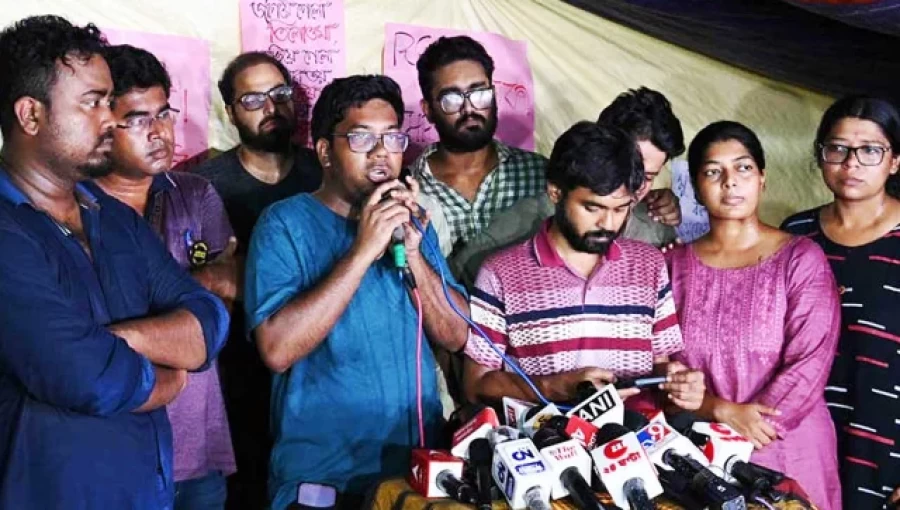

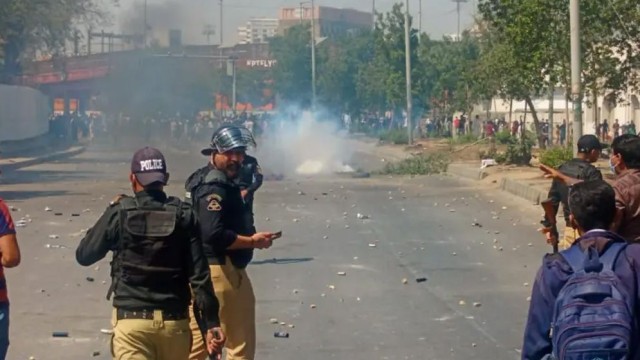
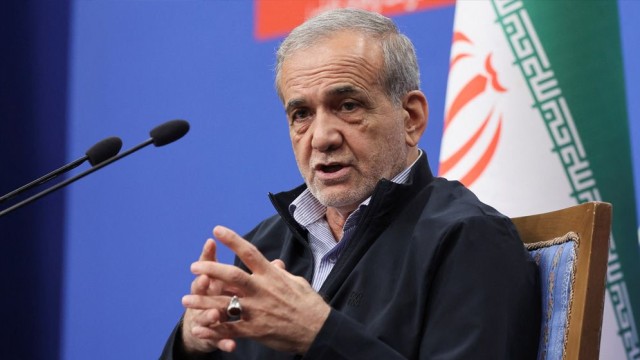
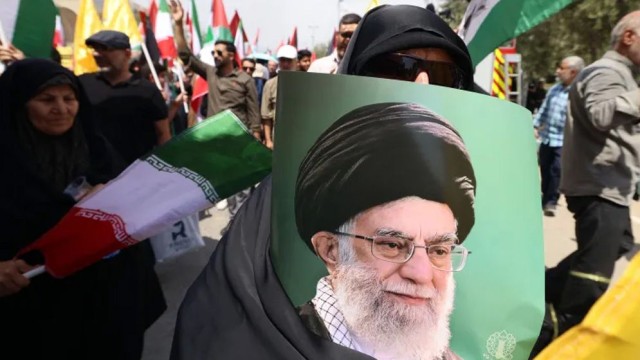
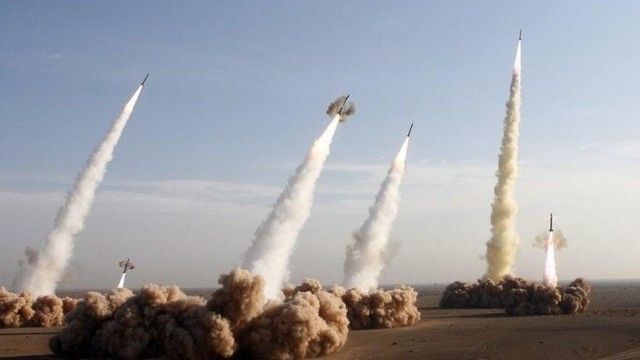
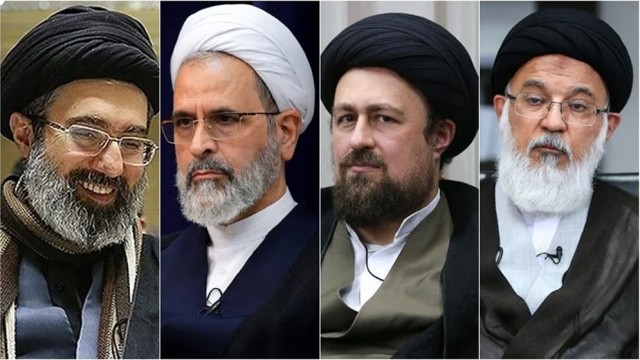

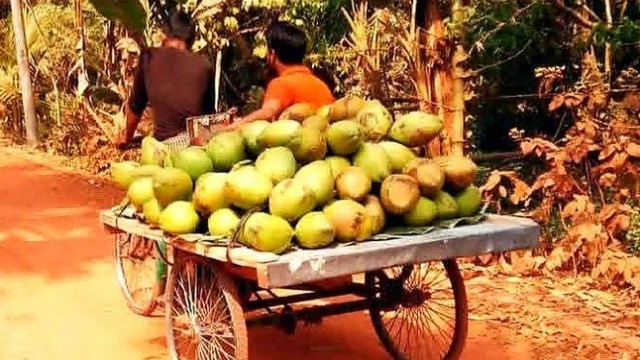
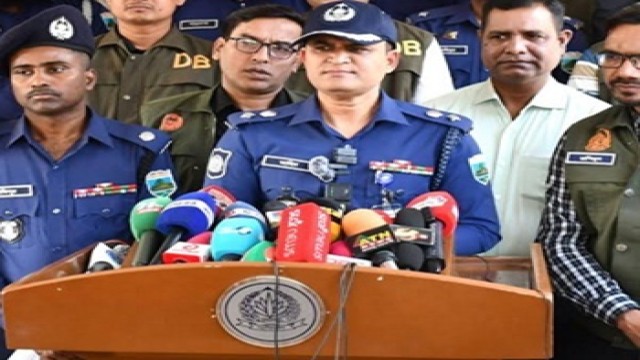
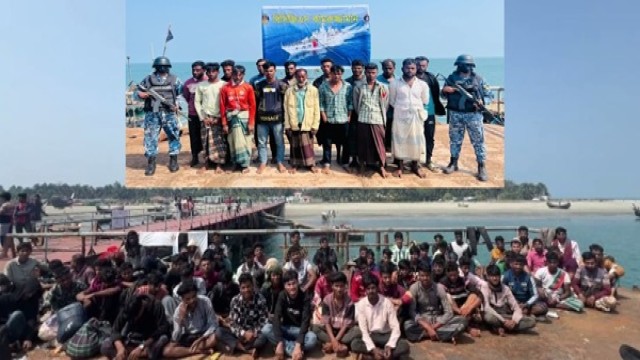
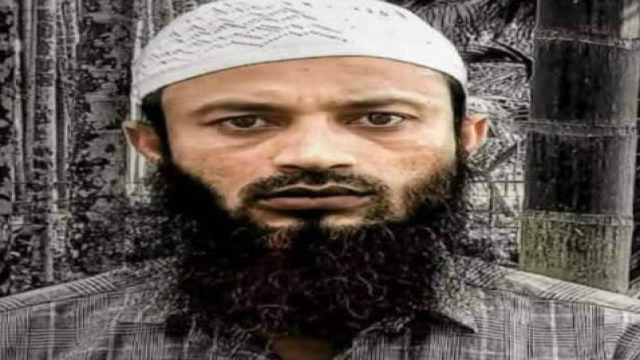
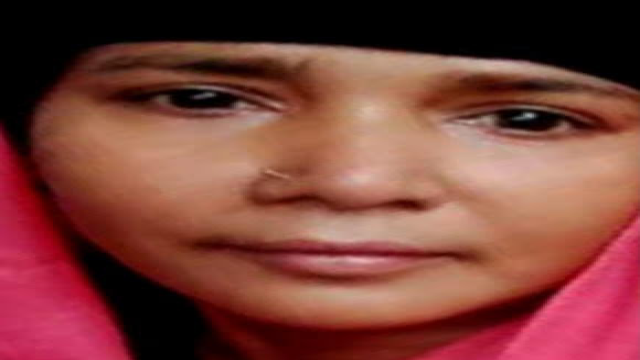

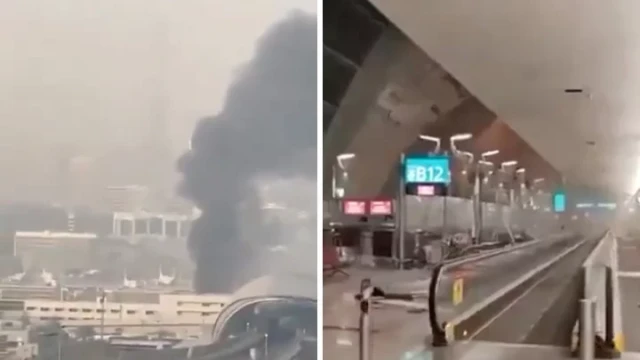
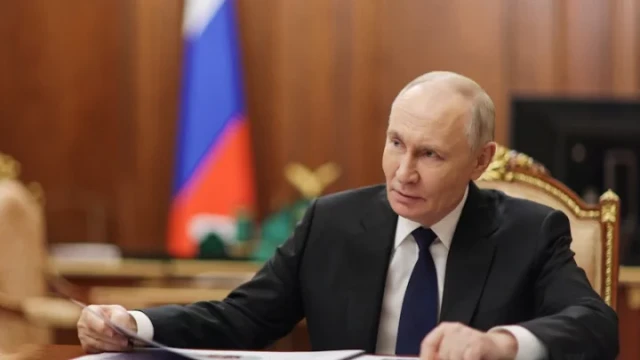
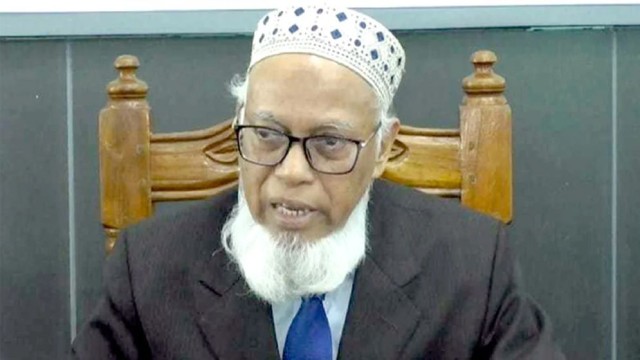







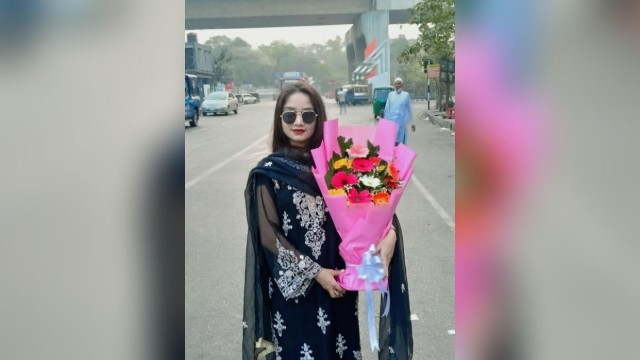


Comment: